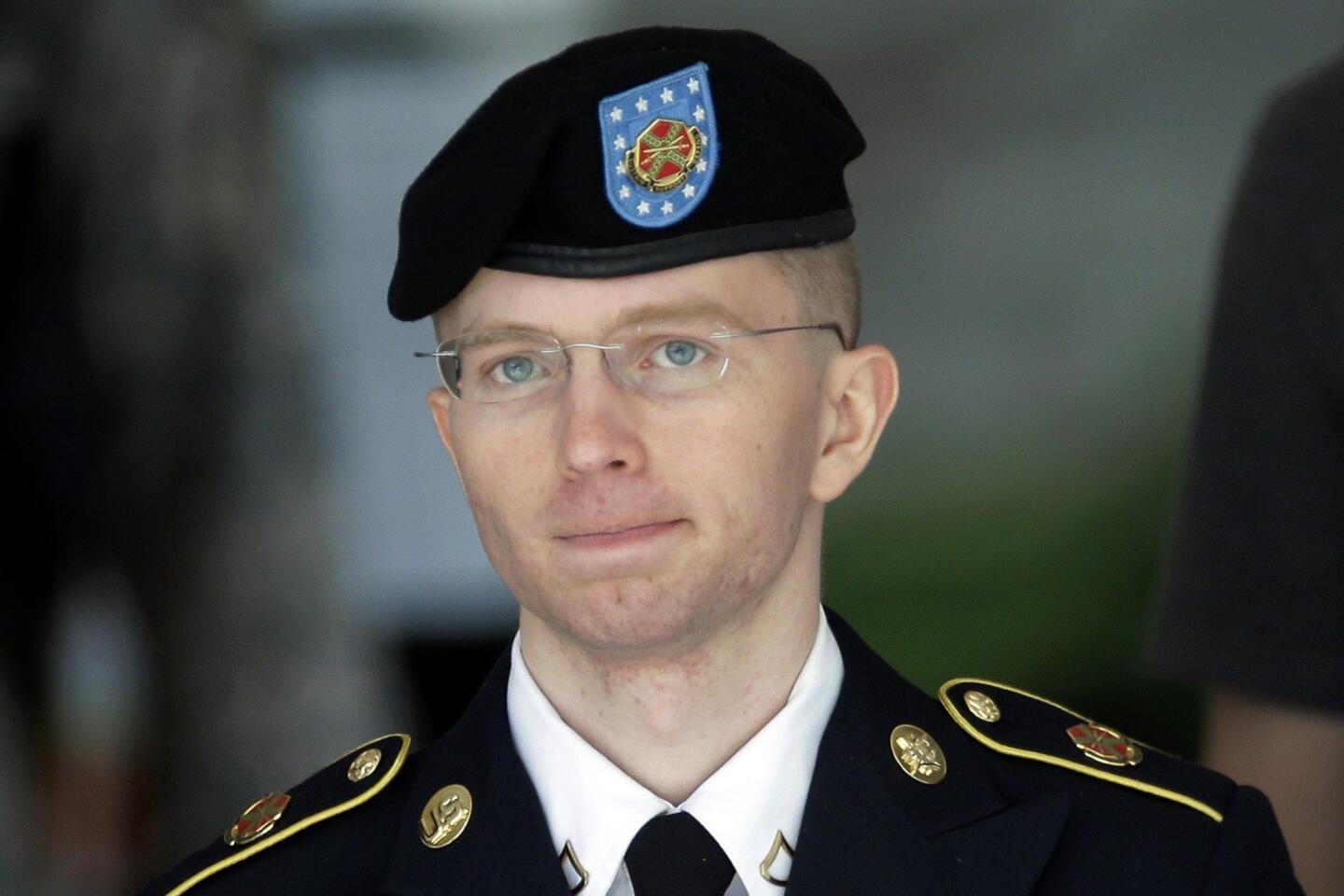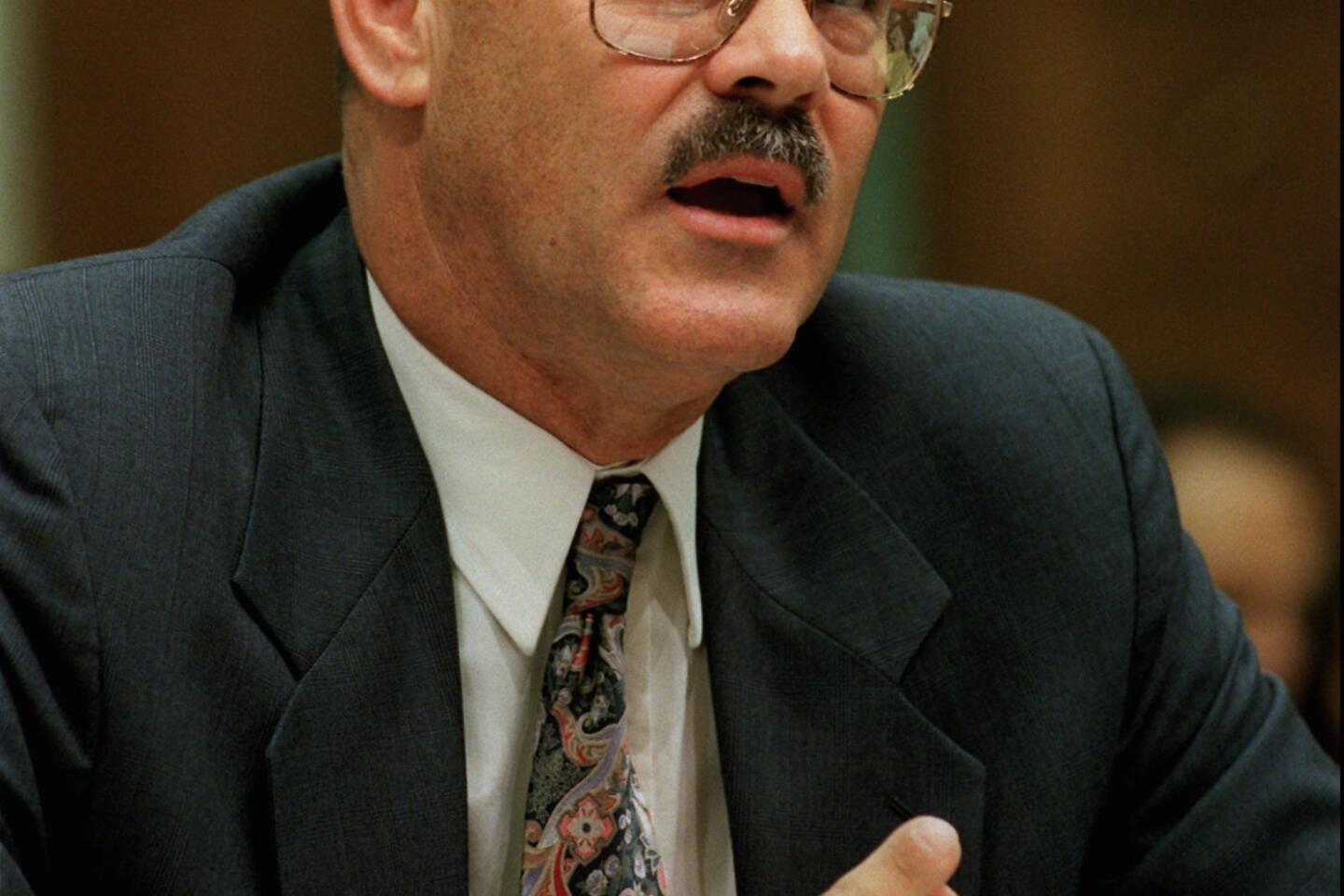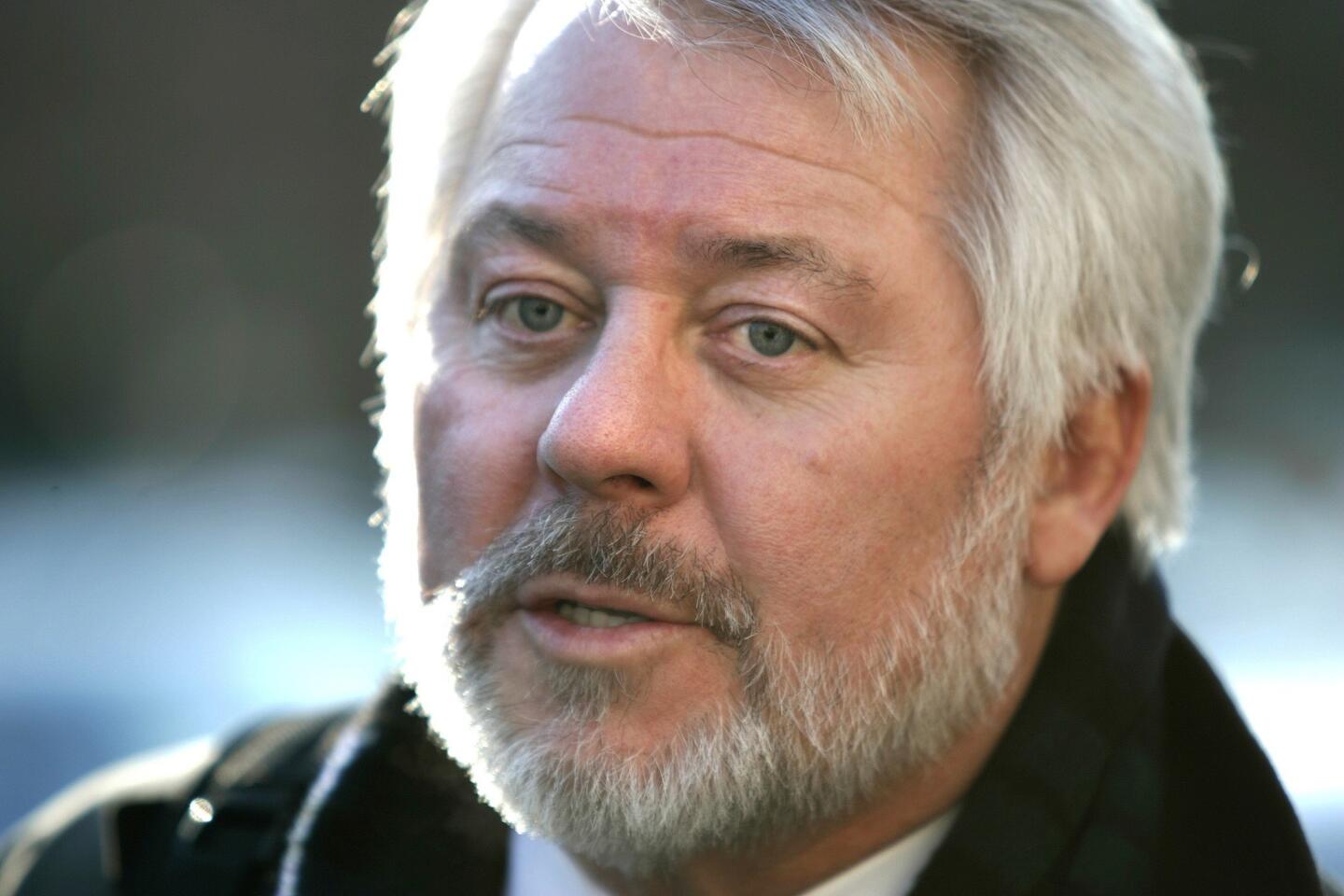Obama’s Moscow visit is called off, and not just because of Snowden
WASHINGTON — The Edward Snowden case may have been the last straw, but the White House decision to cancel a Moscow summit next month came after President Obama decided the meeting was unlikely to resolve any of the issues increasing tension between the countries.
The diplomatic snub comes six days after Russia granted temporary asylum to Snowden, a former intelligence agency contractor who leaked information on classified surveillance programs and fled, eventually landing in Moscow. Obama has repeatedly called on Russia to return him to the United States to face prosecution.
But Snowden is not the only source of trouble in the U.S.-Russia relationship. The White House, after an unproductive start during Obama’s first term, had crafted an approach to Russia that included a new push for nuclear arms reductions and a joint effort to resolve the civil war in Syria. Both went nowhere.
“Major issues were not teed up to make significant progress on the level of a president-to-president summit,” State Department spokeswoman Jen Psaki said. “That wasn’t a constructive step to take at this point.”
Obama expressed his frustration with Russia and its president, Vladimir Putin, on “The Tonight Show With Jay Leno” on Tuesday.
“There have been times where they slip back into Cold War thinking and a Cold War mentality,” he said. “And what I consistently say to them, and what I say to President Putin, is that’s the past and we’ve got to think about the future, and there’s no reason why we shouldn’t be able to cooperate more effectively than we do.”
White House Press Secretary Jay Carney, who announced the decision, cited lack of progress on several issues.
“We believe it would be more constructive to postpone the summit until we have more results from our shared agenda,” he said in a statement. “Russia’s disappointing decision to grant Edward Snowden temporary asylum was also a factor that we considered in assessing the current state of our bilateral relationship.”
Obama made a number of diplomatic gestures to the Russian leader this year, but received a chilly response. This spring, Defense Secretary Chuck Hagel announced what Washington saw as a concession on missile defense deployment, but the Russians dismissed the move as no concession at all. A letter from Obama to Putin, hand-delivered in April by National Security Advisor Tom Donilon, did nothing to warm relations.
And in June, Moscow brushed off Obama’s public call in a speech at Berlin’s Brandenburg Gate for Russia to join the United States to make deep cuts in their deployed strategic U.S. nuclear warheads.
Andrew Weiss, vice president for studies at the Carnegie Endowment for International Peace and a former Russia expert on President Clinton’s National Security Council staff, said Putin sees a political advantage domestically in opposing the United States.
“So the question is, is it worth chasing after them?” Weiss said. “It’s not in this circumstance. That’s what’s driving these decisions, as much as” the Snowden case.
Obama will still travel to Russia in September for the Group of 20 summit in St. Petersburg, but he and Putin won’t put their lack of rapport back on display. When they last met one-on-one, in June, they exchanged awkward jokes through clenched teeth.
“The U.S. president is still coming to St. Petersburg, but saves himself another uneasy and rather useless encounter with the Russian leader,” said Lilia Shevtsova, a senior researcher with the Moscow Carnegie Center.
The decision comes just two days before Hagel and Secretary of State John F. Kerry are to meet with their Russian counterparts in Washington. The cancellation of the Obama-Putin meeting shortly before that visit suggests U.S. officials expected little progress on major differences Friday.
State and Pentagon officials decided to go ahead with the meetings to focus on other areas where they still hope to cooperate, such as Iran and North Korea. “There certainly is a recognition that it’s important to maintain regular contact,” Psaki said.
Some analysts said Obama had little choice but to scrap the visit to Moscow. A presidential trip would have forced him to share the spotlight with a leader who has dismissed the U.S. agenda and rejected its calls to return Snowden.
Obama has grown impatient with Putin, a former KGB officer, since the decision in June to let Snowden remain in the Moscow airport. That was clear in Obama’s interview on “The Tonight Show.”
“I was disappointed because even though we don’t have an extradition treaty with them, traditionally we have tried to respect if there’s a lawbreaker or an alleged lawbreaker in their country. We evaluate it, and we try to work with them,” Obama told Leno. “They didn’t do that with us. And in some ways it’s reflective of some underlying challenges that we’ve had with Russia lately.”
The Kremlin responded with its own expression of disappointment — but said that Obama ultimately was hurting himself.
Putin aide Yuri Ushakov told reporters that Russia was “dissatisfied” with the decision. He attributed it to “Snowden’s situation, which was not created by us at all.”
Ushakov said it showed the U.S. was not ready to build relations with Russia on an equal footing. “For many years, Americans have avoided striking an extradition agreement while invariably responding with a denial to our request to extradite persons who committed crimes on Russian territory,” he said.
Leonid Kalashnikov, deputy head of the foreign relations committee in the lower house of Russia’s parliament, said, “Obama is publicly whipping himself with this decision because Snowden will be soon forgotten, but Obama will be criticized at home for dropping Russian-U.S. relations to their lowest point in years.”
On Wednesday, the White House announced that Obama would visit Stockholm before heading to St. Petersburg. “Sweden is a close friend and partner to the United States,” the statement said. “Sweden plays a key leadership role on the international stage.”
kathleen.hennessey@latimes.com
Times staff writer Sergei Loiko in Moscow contributed to this report.
More to Read
Sign up for Essential California
The most important California stories and recommendations in your inbox every morning.
You may occasionally receive promotional content from the Los Angeles Times.















